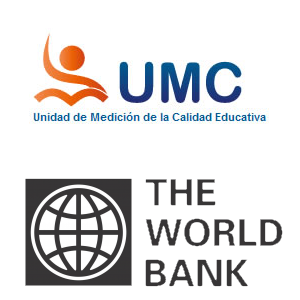The Project
Dr. Daniel Caro has secured funding from the World Bank for a longitudinal study about differential school effectiveness in Peru. He will contribute to the preparation of a research report jointly with colleagues from the Unidad de Medición de la Calidad (UMC) at the Ministry of Education in Peru. The project consists of three phases. In phase 1, Dr. Caro will run a one-week workshop at the UMC in Lima with techniques for visualising and modelling longitudinal data. In phase 2, Dr. Caro will prepare the work plan for the report and will provide feedback to the quantitative analysis. In phase 3, Dr. Caro will present findings of the report in Lima together with colleagues from the UMC – Peru.
Achievement trajectories over the course of schooling will be estimated for sub-group of students. For example, trajectories for girls in rural areas, students from high and low socio-economic status families, students whose mother tongue is not Spanish, students in public and private schools, etc. Differential effectiveness of teaching strategies in the classroom will be evaluated for different students and schools. For example, it will be evaluated whether specific instructional approaches benefit low SES students or girls more than high SES students or boys, as well as whether specific school characteristics enhance the effectiveness of teaching practices.
The results will produce a profile of achievement trajectories for sub-group of students and will inform policy makers on the timing of policy interventions and the effectiveness of teaching strategies for different students and schools. Main findings will be presented to policy makers at the Ministry of Education in Lima by the end of the project.






